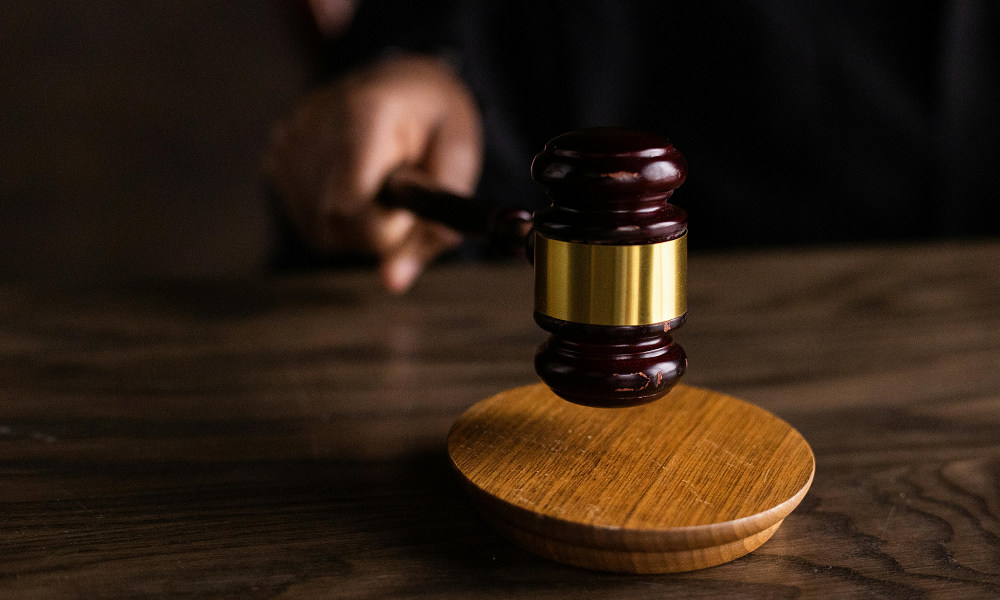Reviews
Beyond the Courtroom: How Criminal Charges Impact Daily Life

Life in Los Angeles moves fast, and even a minor disruption can throw everything off balance. But when you’re facing criminal charges, the impact goes far beyond temporary stress—it can affect your job, housing, relationships, and mental well-being. From license suspensions to court dates and background checks, the consequences often begin before a verdict is even reached.
In a city like LA, where opportunities are competitive and reputations matter, these challenges can quickly multiply. That’s why having a Los Angeles criminal defense lawyer by your side is more than just legal protection—it’s support for your entire way of life. The right lawyer helps you understand your rights, navigate each step with confidence, and fight for the outcome you need to move forward.
Emotional and Psychological Effects
Being charged with a crime typically sets in motion a series of emotional and psychological reactions. On average, people suffered from anxiety, stress, and depression. This can make the situation worse by making you unable to sleep or eat, or stop eating. It is heavy to always be in a headspace where you are afraid of the future.
Having family and friends available to support and comfort us can help reduce these impacts. Words of support and compassion can be comforting. An additional benefit that professional counseling services offer is that they tend to provide guidelines for how to cope with problems more effectively. Finding help is crucial to staying mentally stable through times like these.
Strain on Relationships
Legal conflicts can take a toll on interpersonal bonds. The value of trust may be questioned, and communication can falter. Family, friends, and your support system may feel like they have to carry the burden of you facing charges, which can create tension. It is important to continue the open dialogue to avoid missing opportunities to connect, and even worse, misunderstandings.
Families sometimes have to rearrange their day-to-day lives to go to court or to meet with an attorney. That change can be chaotic normalcy, adding stress and strain. While every family dynamic is different, patience and empathy within families can ease these transitions and provide a stronger family bond during times of adversity.
Impact on Employment
Consequences of criminal charges on employment opportunities are difficult to manage. Most employers will run a background check, and a criminal past will hinder the options available to you. Although such charges may not result in a conviction, just being linked to a criminal act will present problems for their future employers.
Existing employment may also be threatened. Absenteeism—Taking time off to appear in court or to meet with your lawyer will contribute to absenteeism, and when you are away from work too long, it hinders your ability to get your job done. Speaking to employers openly about the situation may also lead to some understanding and flexibility. But, this is not possible at all times, and in such cases, a person can lose their job.
Financial Consequences
Legal battles are often expensive. If you are involved in an investigation, prosecution, or appeal of your crimes, your attorney fees, court costs, and other fines can add up very quickly, resulting in financial hardship. This forces individuals to use savings or debt to pay for these items. The burden of debt creates a ripple effect that lasts for years and might hinder their credit rating and ability to save/do better in the future.
Thus, budgeting and financial planning become very important. Consulting with finance professionals will aid in superior resource management. The help of community programs that offer financial assistance to those in need can also ease some of the burden.
Social Stigma and Isolation
The social stigma of criminal charges is even larger. People might experience rejection and discrimination from escapees and within their community. And stigma can lead to social isolation; people may stay away based on misperceptions or fear of association.
It takes time and effort to find social networks again. Volunteering in your community or at local events can bridge the gap and show you are changing for the better. Fighting stigma by education and awareness programs can also strengthen a more friendly milieu for the patient population.
You can explain to them what is going on at least at an age-appropriate level and let them know that everything will be okay. Family therapy provides a safe environment for sharing feelings and discussing issues. Maintaining communication encourages families to support one another and stay together.
Conclusion
Aside from the legal ramifications, criminal charges affect many areas of everyday life. The barriers someone might encounter include emotional distress, relationship problems, and societal stigma. Assistance from family, friends, and the broader community is critical to help them face these adversities.
Addressing these concerns with compassion and sensitivity can help provide an environment where they can be rehabilitated and reintegrated. That is why raising awareness and pushing for change will result in a more inclusive community in which everyone has the chance to restart and flourish.

-

 World1 week ago
World1 week agoEthiopian volcano erupts for first time in thousands of years
-

 Health2 days ago
Health2 days ago8 kittens die of H5N1 bird flu in the Netherlands
-

 Legal7 days ago
Legal7 days agoUtah Amber Alert: Jessika Francisco abducted by sex offender in Ogden
-

 US News6 days ago
US News6 days agoExplosion destroys home in Oakland, Maine; at least 1 injured
-

 Health7 days ago
Health7 days agoMexico’s September human bird flu case confirmed as H5N2
-

 Legal3 days ago
Legal3 days ago15 people shot, 4 killed, at birthday party in Stockton, California
-

 World7 days ago
World7 days agoWoman killed, man seriously injured in shark attack on Australia’s NSW coast
-

 Health6 days ago
Health6 days agoMarburg outbreak in Ethiopia rises to 12 cases and 8 deaths




